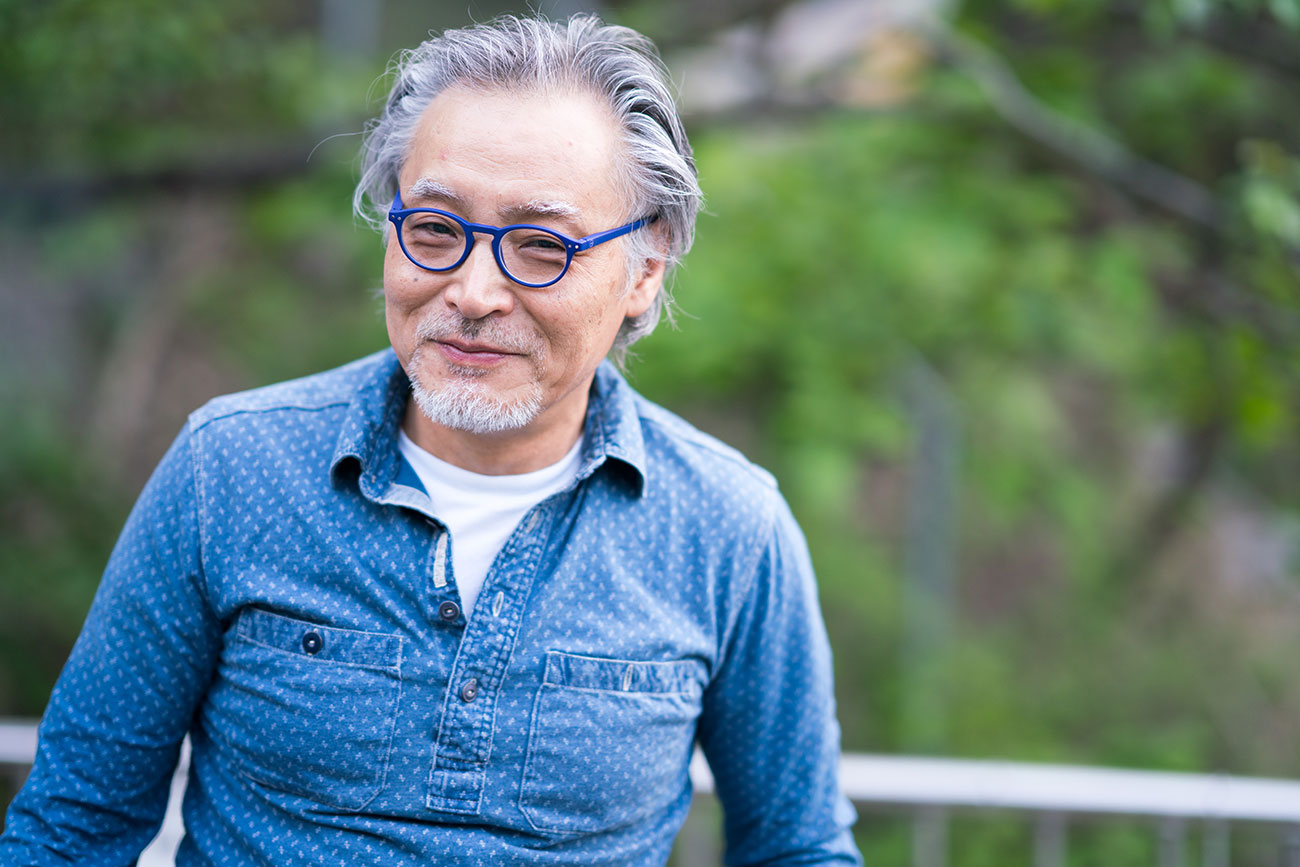Hot Flushes are often one of the first signs you are in Perimenopause. Perimenopause is the lead up to menopause. But what actually are hot flushes, and what can you do about them?
What Are Hot Flushes?
Hot flushes are the sudden onset of heat that usually starts in the chest, and radiates up through the torso to the neck and face. Often you will appear quick 'pink in the face', and will start sweating. Hot flushes that occur during the night are called 'Night Sweats'. Hot flushes can also increase your heart rate, cause anxiety and when the hot flush starts to abate, you could get the chills.
Many women report that just before a hot flush, they have an 'uneasy feeling' or even an 'aura' like the the onset of a migraine.
Hot flushes are often one of the first signs you are in Perimenopause.

What Causes a Hot Flush?
When a woman approaches menopause, the ovaries start working less-effectively lowering the levels of estrogen in the body. Decreased levels of estrogen affect your body's thermostat, the hypothalamus, to become more sensitive to body temperatures. When it senses the body is warm, it wants to cool down the body - and the best way to cool you down is to make you sweat - hence the hot flush.
But there are other causes of hot flushes - they include:
- Eating spicy food
- Drinking alcohol
- Drinking too much coffee
- Exertion from Physical Exercise
How Long Do Hot Flushes Last For?
Hot Flushes can last for as little as 30 seconds and can be as long as 30 minutes. But when it comes to how many 'years' you will experience hot flushes, Perimenopause can last from 4 to 14 years.
Natural Ways of Treating Hot Flushes:
There are many natural ways of treating hot flushes:
Stop Smoking
Smoking has been scientifically proven to make menopausal symptoms more severe. Smoking also ages the body, so smokers typically go into menopause two years earlier than their non-smoking counterparts.
Acupuncture
Some women find that regular acupuncture sessions really help with menopause symptoms.
Natural Supplements:
Natural supplements don't treat menopause as a whole like Hormone Replacement Therapy, but they can be very helpful in treating individual symptoms of menopause. Many of these supplements have been used for treating menopausal symptoms for thousands of years!
They include:
- Black Cohosh
- Vitex Agnus-Castus
- Dong Quai
- Evening Primrose Oil
- Korean Ginseng
- St John's Wort
- Horny Goat Weed
- Red Clover
More Reading: Natural Supplements for Treating Menopause

Non-Hormonal Drug Treatments for Hot Flushes:
There are non-hormonal medications available that directly treat the symptoms of menopause.
- Low Dose Antidepressants can treat irritability and moodiness.
- Clonidine (also known as Catapres) can be prescribed 'off label' to treat high blood pressure, migraines and hot flushes.
When to Seek Medical Help for Hot Flushes:
When hot flushes start to affect your daily quality of life, it is time to either try some natural methods to treat your menopausal symptoms, or seek Professional Medical advice which usually involves Hormone Replacement Therapy.
About Hormone Replacement Therapy and Hot Flushes:
Hormone Replacement Therapy increases the body's natural reserves of estrogen. Hormone Replacement Therapy is also known as Menopausal Hormone Therapy.
80% of women on HRT report a reduction in hot flushes and night sweats, making HRT the most effective treatment currently available. Even though HRT has risks (like all medications), they are relatively low, and the medical fraternity say that the benefits far outweigh the risks. On top of easing menopausal symptoms, Hormone Replacement Therapy also lowers the chances of osteoporosis, and lessens the risk of heart disease.
Non Hormonal Treatments for Hot Flushes:
There are several non-hormonal treatment options that can help manage hot flushes. These include:
- Prescription medications: Some antidepressants, anti-seizure medications, and blood pressure medications have been found to be effective in reducing hot flushes.
- Dietary supplements: Some women find relief from hot flushes with dietary supplements such as black cohosh, evening primrose oil, and vitamin E. However, the effectiveness of these supplements varies, and some can have side effects, so it's important to discuss these options with a healthcare provider before starting them.
- Alternative therapies: Some women find relief from hot flushes through alternative therapies like acupuncture, hypnosis, and biofeedback, although more research is needed to fully understand their effectiveness.
Conclusion:
Hot flushes are extremely uncomfortable, but there are ways to treat these symptoms either naturally or medically.
Related articles
Peree provides a rich source of knowledge on the topic of Menopause

The Lesser-Known Side of Menopause: Delving into the Rarest Symptoms

What to Ask Your Menopause Doctor at the First Appointment

.png)



